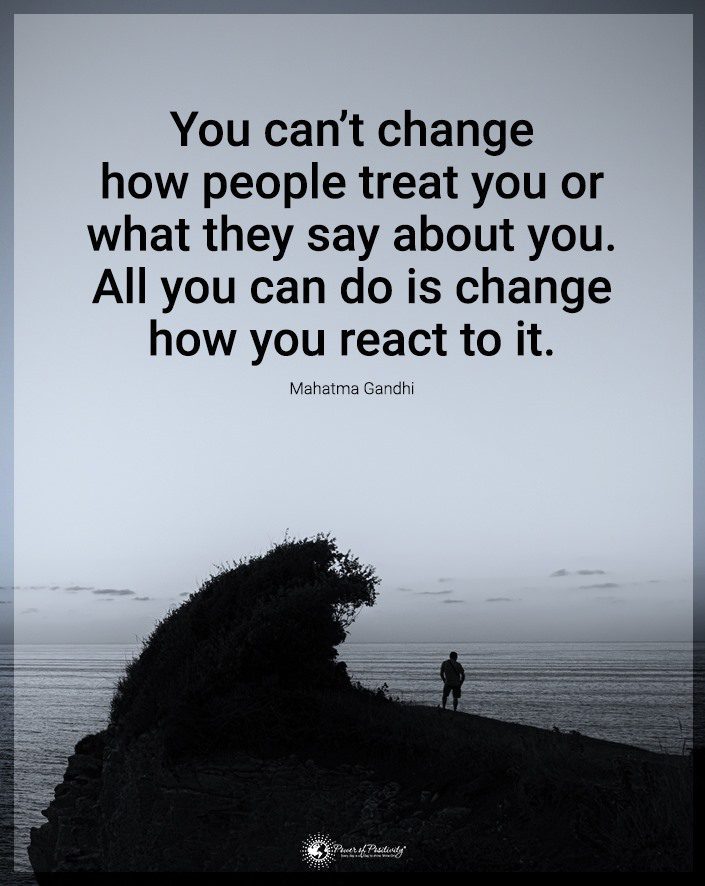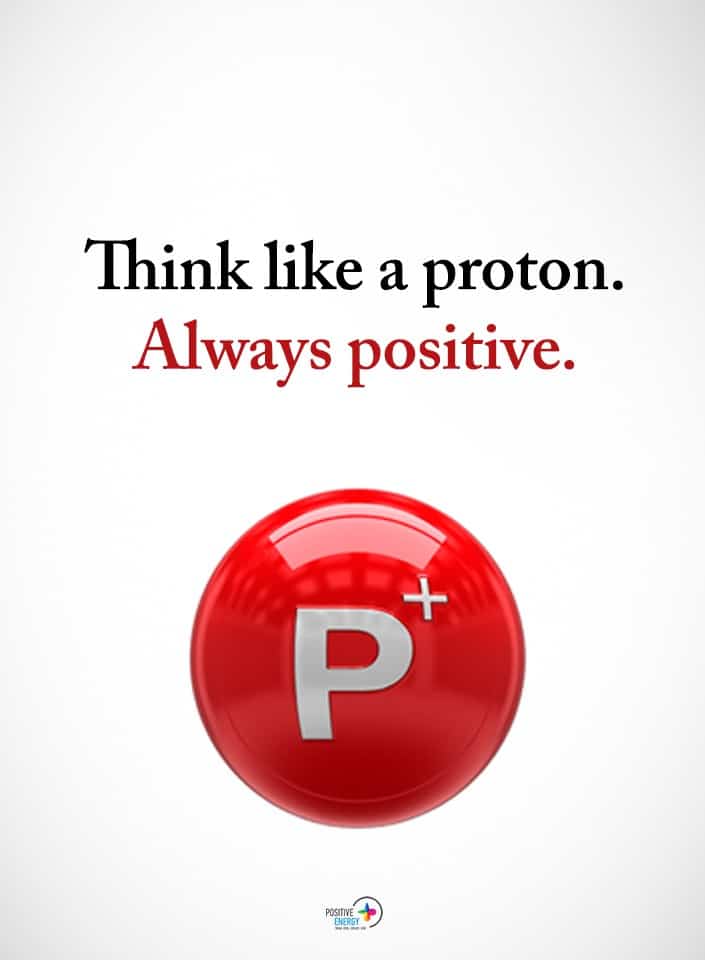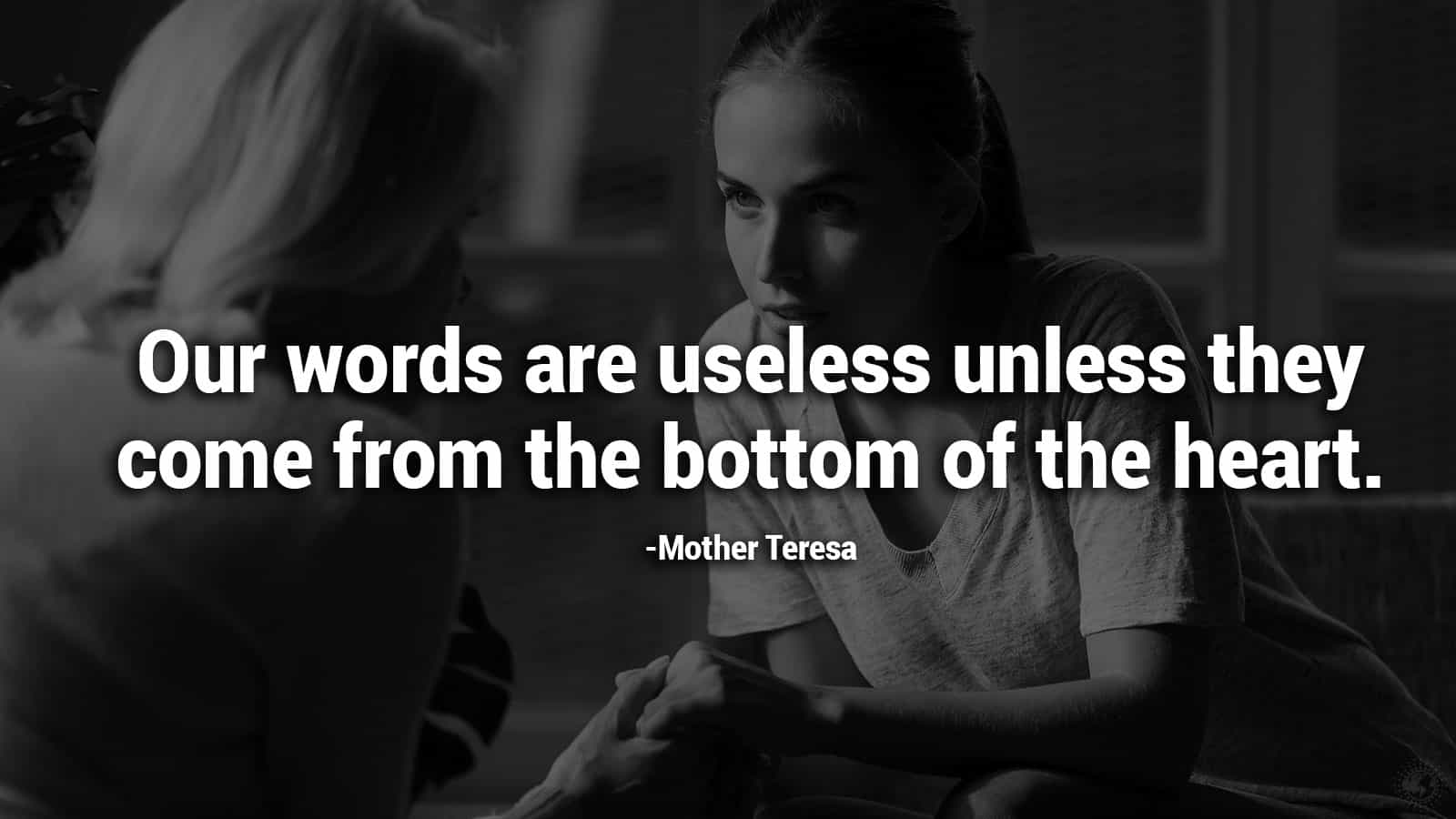When living in such a fast-paced world, we tend to encounter a few pessimists here and there. When we pass by a negative person on the street, we have the privilege to leave them behind, along with the dark cloud that hovers over their head. Unfortunately, the pessimist that brings you down isn’t always the random bad-tempered person in public; sometimes, it’s a best friend, an in-law, or even a parent. Maintaining a healthy relationship with these types of people can be difficult. If a positive relationship is something you desire, you’ll need to make sure their energy doesn’t affect you so much that you feel drained yourself.
“When people try to bring you down, remember that you have two choices. You can either let them, or help pick them up.” – Chris Butler
3 Adverse Impacts When You Adopt the Traits Negative People Instead of Being Positive
First, let’s look at the possible outcomes that could happen when you choose to invest your time and energy into people who refuse to think positive.

1. Positive thoughts are contagious; unfortunately, negativity also spreads like wildfire:
Have you ever noticed how you can enter a room where everyone is happy and upbeat, it instantly raises your vibration and gives you energy? Now visualize the last time you walked into a spot where all the people seemed down, gloomy, or depressed. It has the same effect of infecting everyone with an air of toxicity. Even worse, once that gloomy atmosphere takes hold and lowers the vibration, everyone feeds into it–often not realizing it.
For instance, let’s imagine you work in an office where all your co-workers complain about their jobs and engage in gossip about others. You probably feel stuck, like you can’t accomplish anything, and you find that you also start to engage in the backbiting and negativity. You might even really like what you do, but you hope to fit in with that culture and your peers. However, the manager views this behavior as low-energy, sluggish, and unproductive. You display an outward lack of care about your job, even if that facade does not match how you feel inside.
When choosing someone to lead an exciting new project or a promotion, your desire to fit in with the negative culture may mean management overlooks your excellent skills due to the behaviors you display. Instead, the boss selects someone who projects enthusiasm and gratitude for their employment, even if their skillset is lower than yours. The disappointment you feel will perpetuate and cause this cycle to repeat itself.
But what would have happened had you projected a grateful, positive attitude along with your killer job skills? You might have been the most natural fit for that promotion or special committee. It is up to you to break that cycle of negativity and stand head and shoulders above the rest. Be known for contagious kindness and a can-do spirit–you will leave an excellent impression on all you meet.
The toxic loop of negativity can be challenging to interrupt–refuse to let negative people suck you in! Be the positive person who can uplift moods and inspire others to do better.
2. Positive emotions may support your immune system’s ability to fight illness:
Researchers did a study of the salivary immunoglobins, a natural antibody secreted in the mucous membranes of the upper respiratory tract–the first line of defense against infection. Researchers found a probable correlation between happiness and better immune system health. Study participants in one control group watched video footage of Mother Teresa tending to the sick and poor in Calcutta. They felt happy after witnessing Mother Teresa’s selflessness and acts of kindness. Scientists measured the salivary immunoglobins while the participants felt this joy and observed an immediate production increase.
However, the researchers subjected a second group to situations that evoked feelings of anger and frustration. While they were in an angry state, the scientists noted reduced production of salivary immunoglobins. Furthermore, the data collected indicated unhealthy heart rates, which could lead to eventual heart disease, heart attack, or stroke.
Research in this area is ongoing, but the earliest results appear to strongly connect positive thinking to the body’s ability to fight illness.
3. Positive thinking helps you make rational decisions
Be honest and answer this question. Have you ever made a poor life decision in a fit of anger, rage, or despair? Of course, almost everyone has made that mistake! A decision made during the heat of the moment is one you might later regret or even need to reverse.
For example, you don’t want to tell your partner you want to end an otherwise happy relationship in the middle of a contentious disagreement. Spouting off threats of a breakup or even packing your belongings causes a breach of trust and shows emotional immaturity. After you calm down, you will likely realize that making that bold move was a huge lapse of judgment. You now need to approach your partner to apologize, ask for forgiveness for the harsh words and hope that they are willing to mend the chasm you widened by your snap decision.
On the other hand, handling this scenario by agreeing to table the discussion, calming your nerves, and finding positive solutions and compromises after you have a cooler head would have prevented all that drama. In fact, this more cooperative spirit could actually strengthen your relationship as you will soon visualize how you will work together as a team in the future.
3 Ways to Stay Positive When Negative People Drain You
Now that you see how positive thinking helps you, you can fully appreciate why you need to refuse to allow negativity to hold you down in life. Remember these three tips to keep your inner wellspring of positivity when you must be around negative, draining people.
1. Spend time away (alone):
Sometimes being alone can be the best medicine to switch that negative energy into a more positive vibe. Do something you love, pursue a hobby, and don’t be afraid to treat yourself. When you love other people, you do things for them, right? If you love yourself, it should be no different. Enjoy a relaxing activity during your time alone; take a long hot bath, read a book, take a nap, or even go for a jog!
2. Don’t take someone else’s negative attitude personally:
In most situations, the pessimist doesn’t even realize they’re being pessimistic. It’s challenging to stay strong through negativity at times, especially when it comes from someone you have close ties with. Still, it’s important to remember that negativity is internal, not external. Be like the bridge over troubled water and let the negative comments disappear as soon as they are released. It’s not your burden to bear.
3. Release judgment and remain positive:
Doing the right thing and keeping in a positive mindset can be frustrating, and it takes a lot of mindfulness and hard work. But remember to keep your mind open when dealing with a pessimist. Release your judgment, understand that they may be feeling things you are unaware of, and remember we all have unique journeys. We should be allowed to take it on with respect and without judgment.

Final Thoughts on Being Your Best, Most Positive Self
Following and practicing these steps will help your relationship with your pessimist and even help you feel better about yourself. Perhaps you will even inspire your negative friends to come to your positive way of thinking about the minor inconveniences we experience daily. Remember to always look on the bright side, and always let your smile be the shining light in a world of darkness!

















